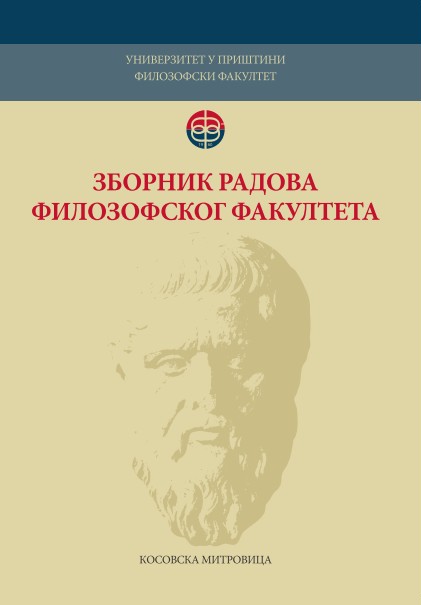Стрип у настави језика и књижевности у млађим разредима основне школе – методичке могућности
Comics in language and literature teaching in lower primary school grades: Instructional potential
Author(s): Buba Stanojević, Danijela Mišić, Zorica CvetanovićSubject(s): Foreign languages learning, School education
Published by: Филозофски факултет, Универзитет у Приштини
Keywords: comics; Serbian language teaching; English language; application of comics in teaching
Summary/Abstract: The purpose of this paper is presenting possibilities for using comics in teaching mother tongue, literature and linguistic culture in foreign language teaching, specifically the English language. Comics in teaching can motivate students to experience literary creation, to comprehend grammatical categories and spelling rules more completely or to be the feedback on the experience of what has been read. They boost the reading perception of students and develop students’ ability to separate the key segments which are represented by picture and text. In modern age, dominated by digital media, comics surely deserve a special place in teaching in order to consolidate the value of books. The paper presents elements of comics, their structure and role the in teaching language and literature. Comics are visual aids for communication characterized by time dimension which is achieved by ordering scenes, which makes them similar to film. Their important characteristic is simultaneous expression by picture and text, which makes it a powerful aid in teaching language and literature. Dialogues are typical for comics, as well as dynamic storyline, which makes them especially interesting to students. Brief remarks on the historical development of comics are given because of the review on their general development, as well as on the possibilities for their application in teaching. The reading crisis occurs when children start school because they are supposed to acquire complex mental skills—technique of reading and writing. When aversion to the written media is obvious, comics can be of great help. The paper illustrates the use of comics in teaching literature, grammar, and linguistic culture as the motivational tool for reading and analysing a literary text. Special emphasis is placed on the possibilities of motivation to experience literary creation. Stimulated by comics, with compulsory reading, students can experience the work in pictures, which they will individually build up later, by reading the complete work. By reading comics in teaching of other subjects, especially English classes in primary school through communication of characters and visual experiences, students develop communication skill, while the pleasure which occurs after reading allows expression of individual characteristics of children and encouragement of creativity. Dialogues in comics make students an active recipient in mastering the language. Language learning, both mother and foreign language, thus becomes more interesting and it successfully enables the student to master the language in the practical sense.
Journal: Зборник радова Филозофског факултета у Приштини
- Issue Year: 47/2017
- Issue No: 2
- Page Range: 317-336
- Page Count: 20
- Language: Serbian

